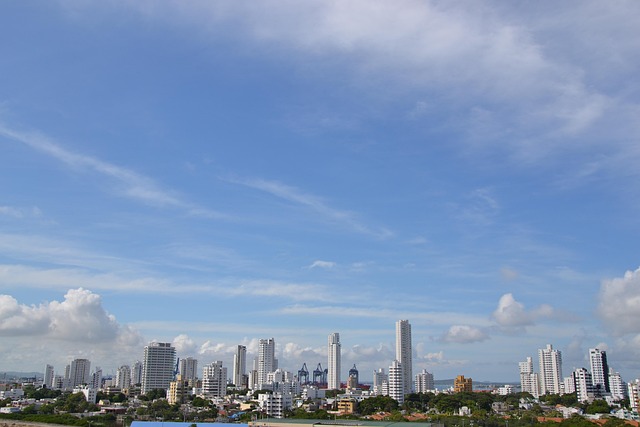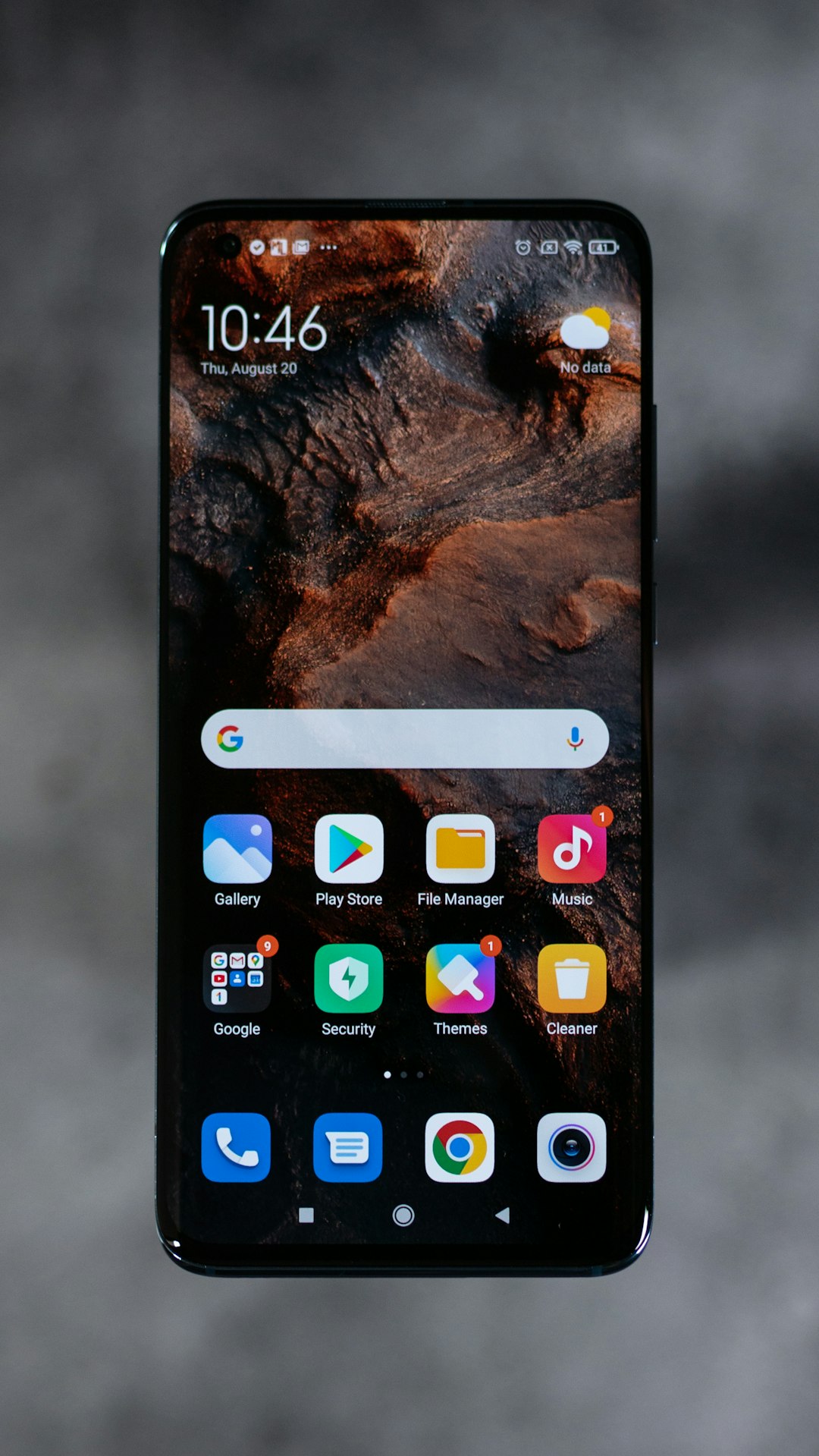In Washington, DC, autodialer law firms face significant legal risks, primarily from the Telephone Consumer Protection Act (TCPA) and local regulations. The Federal Communications Commission's "Do-Not-Call" rules govern automated dialing for marketing, requiring explicit consent. Common law issues like invasion of privacy and harassment also pose threats. To avoid substantial penalties and reputational damage, firms must obtain explicit consent, respect do-not-call lists, provide clear call disclosures, regularly review scripts, maintain records, train staff, offer opt-out mechanisms, and consult legal experts for compliant autodialing practices within the DC legal community.
In the digital age, autodialing technologies offer efficient marketing strategies for law firms in Washington, DC. However, navigating the legal risks associated with automated dialing systems is crucial. This article explores the intricate web of regulations and common law issues surrounding autodialers, specifically targeting DC’s legal landscape. We delve into the Federal Communications Commission (FCC) guidelines, potential liability risks, and best practices for law firms aiming to utilize autodialing while adhering to local laws.
Understanding Autodialing and Its Legal Implications in Washington, DC
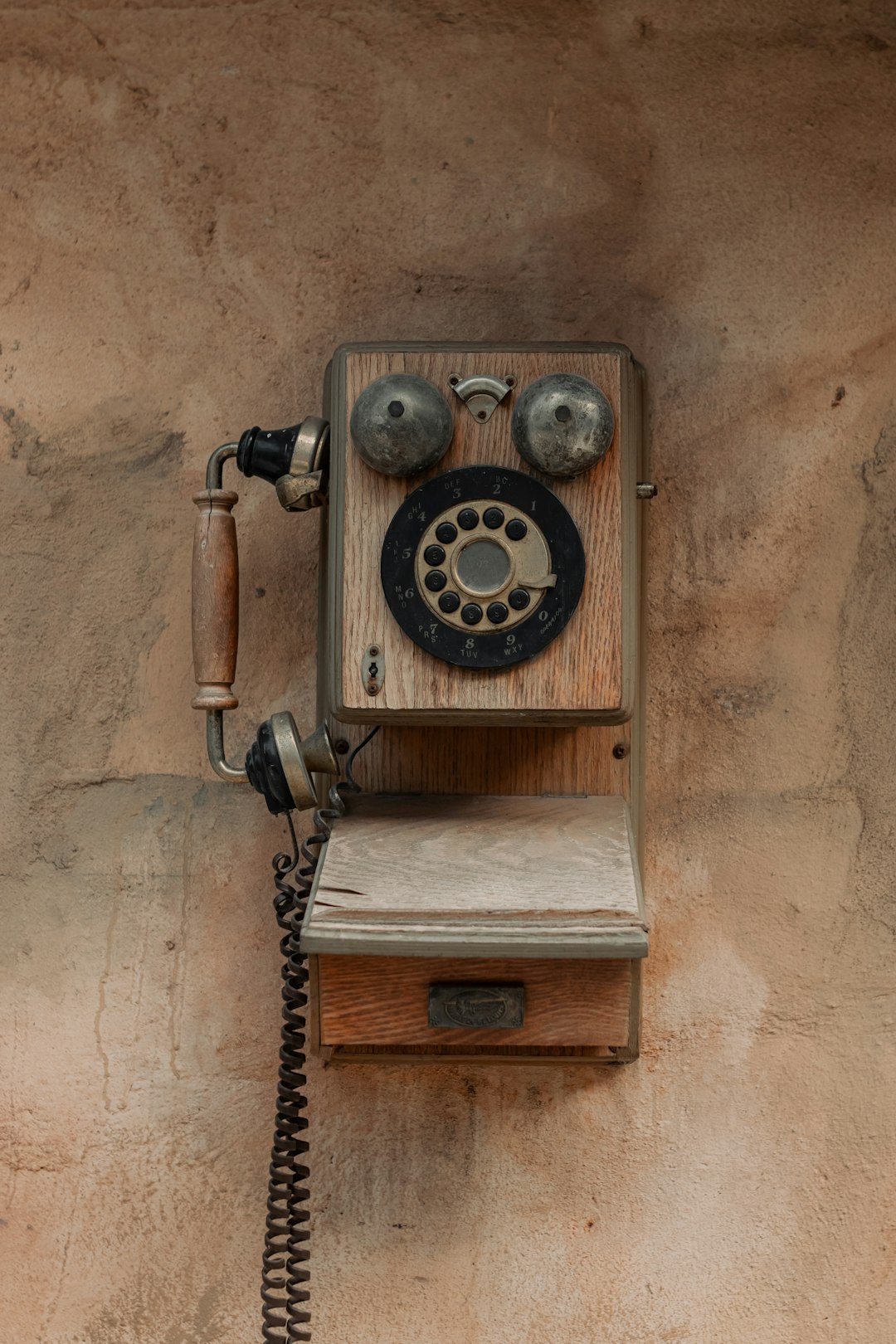
In Washington, DC, autodialing refers to the automated process of making phone calls in bulk using software designed to quickly dial a large number of telephone numbers. While this technology can be an efficient tool for businesses and marketing agencies, it also carries significant legal risks. The primary concern lies in compliance with the Telephone Consumer Protection Act (TCPA), which regulates commercial text messages and automated phone calls.
Violations of TCPA rules can lead to substantial financial penalties for law firms or businesses operating in DC using autodialers. These penalties include both individual consumer damages and class-action lawsuits, where a single violation per recipient could result in thousands of dollars in compensation. Understanding the legal implications and implementing proper safeguards when employing autodialing technologies is essential for any law firm or business aiming to operate within the confines of Washington, DC’s legal framework.
Federal Communications Commission (FCC) Regulations on Automated Dialing Systems
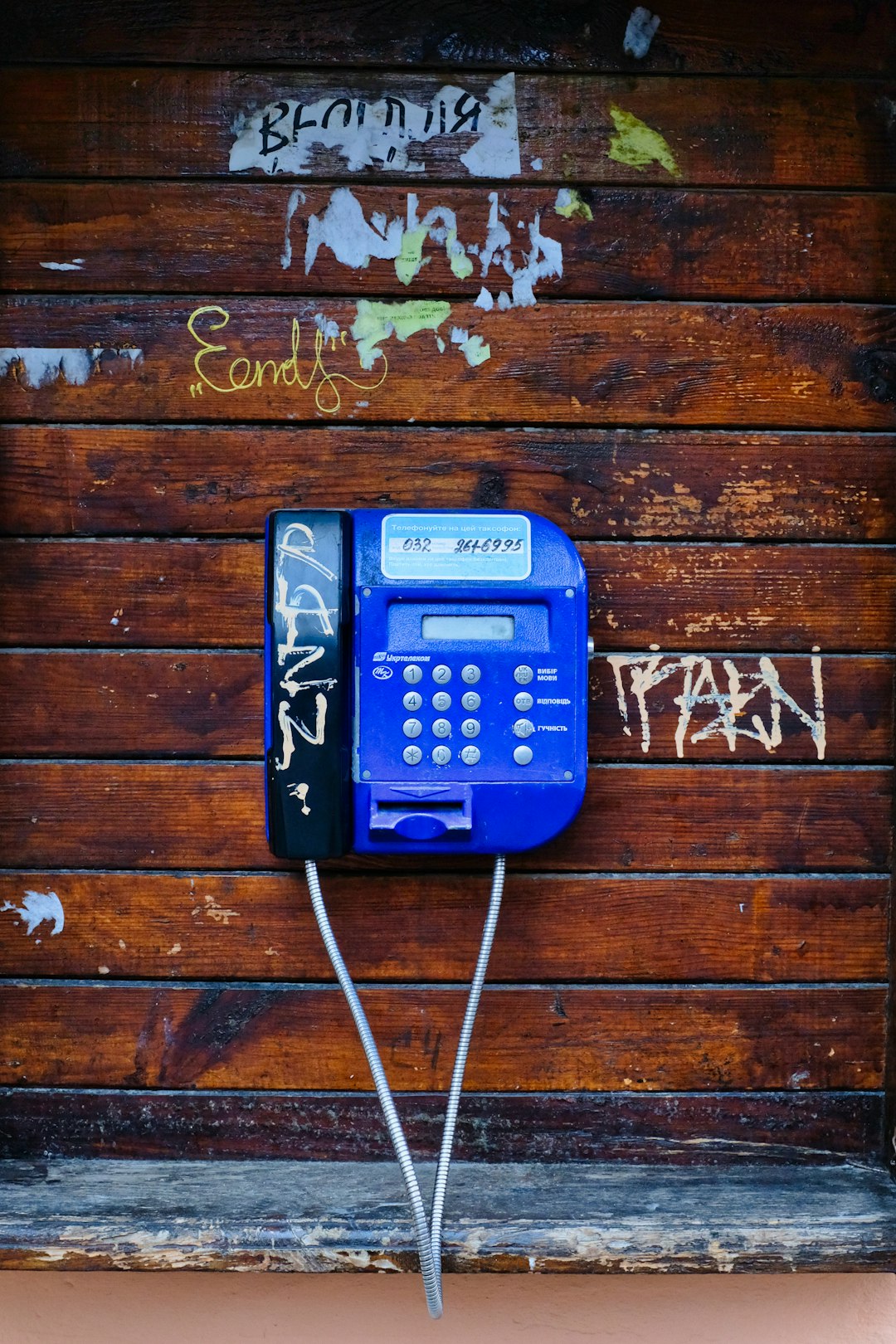
The Federal Communications Commission (FCC) has established regulations governing automated dialing systems, including autodialers, to protect consumers from unwanted calls and ensure fair practices in telemarketing. These rules, known as the “Do-Not-Call” regulations, are designed to give consumers control over their phone numbers and prevent aggressive marketing tactics. For an autodialer law firm in DC, understanding these FCC guidelines is paramount.
The FCC’s rules mandate that businesses obtain explicit consent before using automated dialing systems to make sales or marketing calls. This means that companies must have a clear and specific opt-in from individuals before utilizing autodialers. Failure to adhere to these regulations can result in significant legal consequences, including substantial fines. DC residents should be aware of their rights and the obligations of businesses using autodial technology to ensure compliance with local and federal laws.
Common Law Issues and Potential Liability Risks
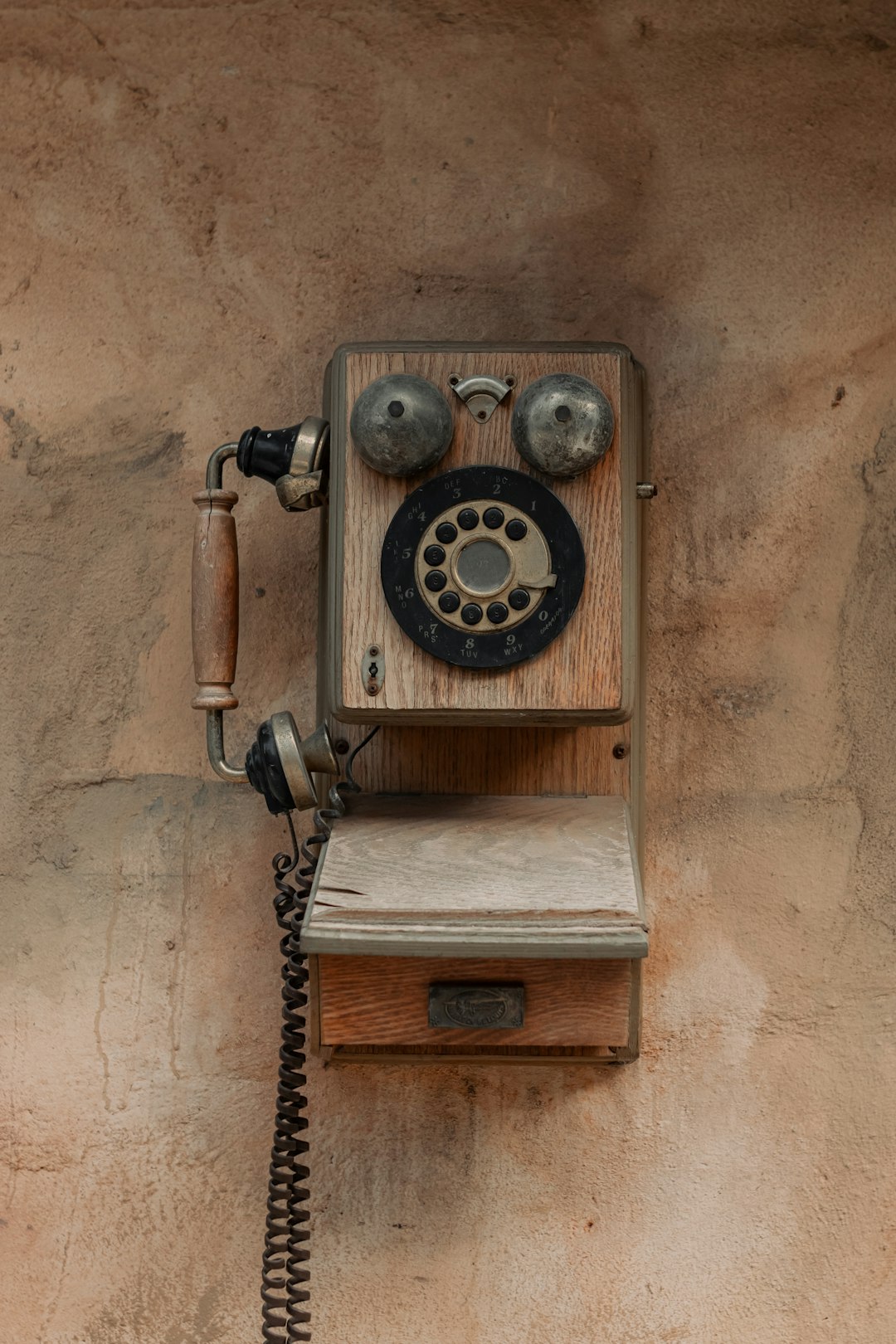
In Washington, DC, the legal landscape surrounding autodialing services is complex and often murky. Common law issues, such as invasion of privacy, harassment, and misrepresentations, pose significant risks for autodialer law firms operating within the district. These firms must navigate a delicate balance between leveraging autodialing technologies to reach potential clients and adhering to strict legal frameworks designed to protect individuals from unwanted communications.
Potential liability risks are high, with plaintiffs capable of filing suit under various state and federal laws. Washington, DC’s consumer protection regulations, in particular, mandate clear consent for automated calls, limiting the use of autodialers unless businesses can demonstrate substantial, pre-existing relationships with the recipients. Failure to comply can lead to substantial financial penalties and reputational damage, underscoring the importance for autodialer law firms in DC to stay informed about legal developments and best practices in this area.
Best Practices for Law Firms Using Autodialers in DC

When utilizing autodialers, law firms in Washington, DC, should prioritize compliance with local regulations to mitigate legal risks. It’s crucial to obtain explicit consent from call recipients, respect do-not-call lists, and ensure clear disclosures about the purpose of automated calls. Regularly reviewing and updating autodialer scripts can help maintain compliance and prevent unintended legal issues.
Best practices include implementing robust opt-out mechanisms, maintaining detailed records of caller ID information, and training staff on the proper use of autodialers. Law firms should also stay informed about changing regulations and consult with legal experts to ensure their autodialing procedures are up-to-date and compliant. This proactive approach will help protect the firm from potential legal repercussions and maintain a positive reputation in DC’s legal community.
